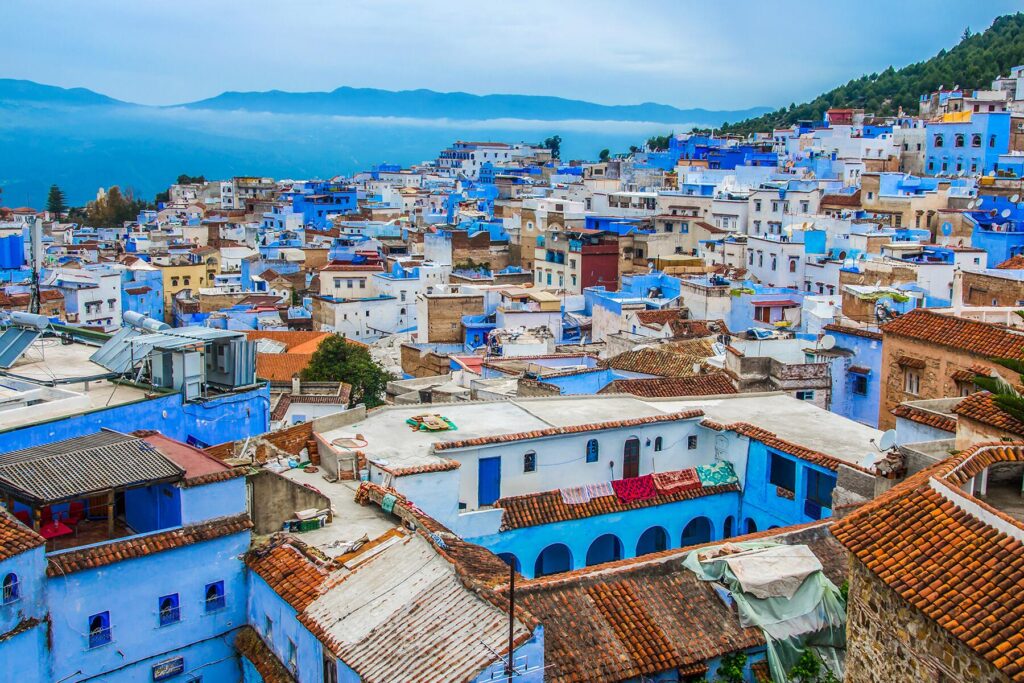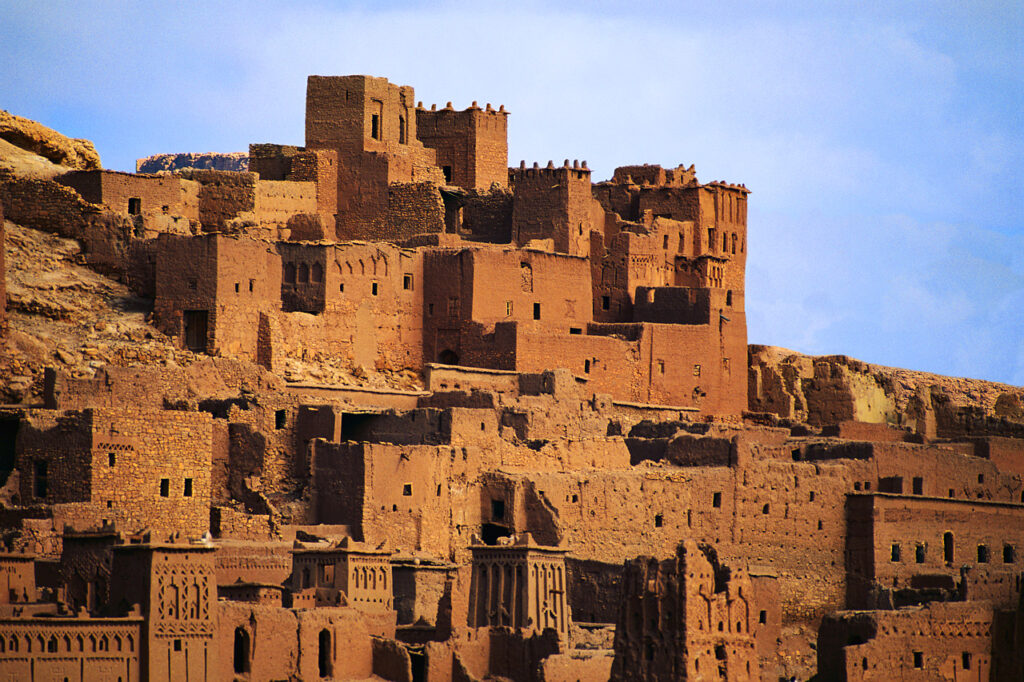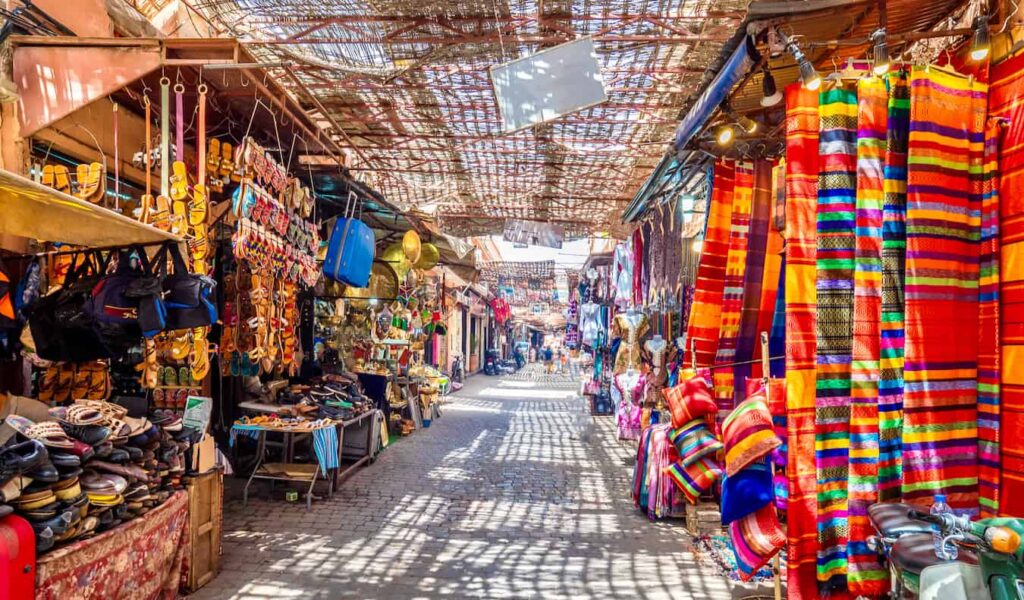
Morocco, a captivating North African gem, is a country steeped in a fascinating history that weaves together ancient civilizations, cultural exchanges, and diverse influences. With its vibrant cities, stunning landscapes, and warm hospitality, Morocco stands as a testament to the enduring legacy of its past.
The history of Morocco dates back thousands of years, with early human settlements found in the region dating to prehistoric times. In antiquity, the area was inhabited by Berber tribes, who left behind traces of their culture through rock art and historical artifacts. These ancient Berber communities played a pivotal role in shaping the region’s identity, and their descendants continue to contribute to the country’s rich cultural tapestry.
In the 8th century BCE, Phoenician traders established coastal settlements, notably Carthage, which influenced the coastal regions of Morocco. Later, in 40 CE, the Roman Empire extended its dominion over the area, leaving behind magnificent ruins such as Volubilis – a UNESCO World Heritage Site today. The Romans introduced new agricultural techniques and contributed to the development of trade routes that connected Morocco to the wider Roman world.

The 7th century witnessed the arrival of Islam, which profoundly shaped Morocco’s history. Arab-Muslim armies led by Uqba ibn Nafi initiated the Islamic conquest, leading to the spread of Islam throughout the region. In the following centuries, Morocco saw the rise of various Berber dynasties, such as the Almoravids, Almohads, and Marinids, who played significant roles in trade, governance, and the arts. Under their rule, splendid mosques, madrasas, and architectural wonders adorned Moroccan cities like Marrakech, Fes, and Rabat.
As explorers from Europe sought new trade routes and territories, Morocco attracted their attention. In the 15th century, Portuguese, Spanish, and Dutch merchants arrived on the Moroccan coast, establishing trade relations and occasionally asserting colonial control. However, despite European pressures, Morocco managed to preserve its independence throughout the centuries, with the exception of the brief French and Spanish protectorate periods in the 20th century.

Morocco’s journey to independence began in the 1950s, marked by protests and resistance against foreign rule. In 1956, Morocco finally regained its sovereignty and King Mohammed V ascended to the throne. His son, King Hassan II, later took the reins and guided the country through significant political and economic transformations.
In the present day, Morocco stands as a constitutional monarchy with King Mohammed VI as the reigning monarch. The country has embraced modernization while preserving its rich heritage and traditions. With a thriving tourism industry, Morocco welcomes visitors from around the globe to explore its ancient medinas, vast desert landscapes, and picturesque coastal towns.
As we delve deeper into the history of Morocco, we find a land where the past is intertwined with the present, where ancient legacies coexist with contemporary influences, and where the people take pride in their diverse cultural heritage. Morocco’s storied history continues to shape its identity, making it a captivating destination for travelers seeking to unravel the enigmatic tapestry of this North African gem.
